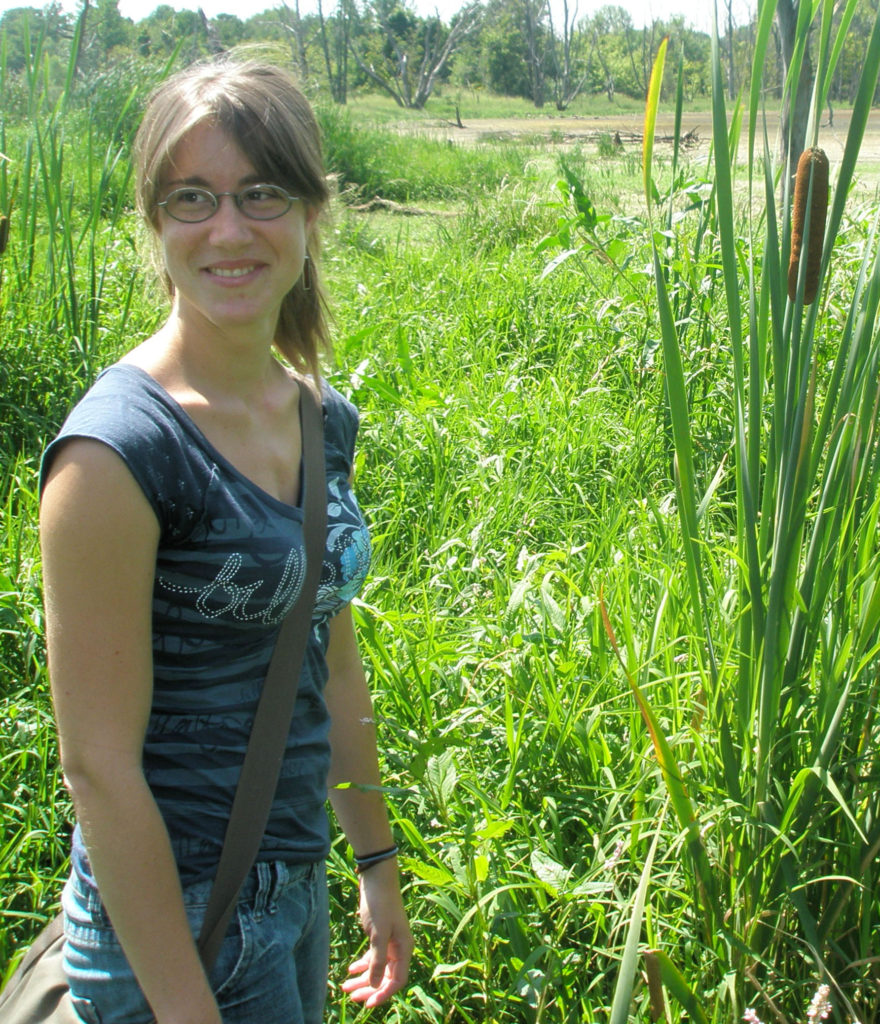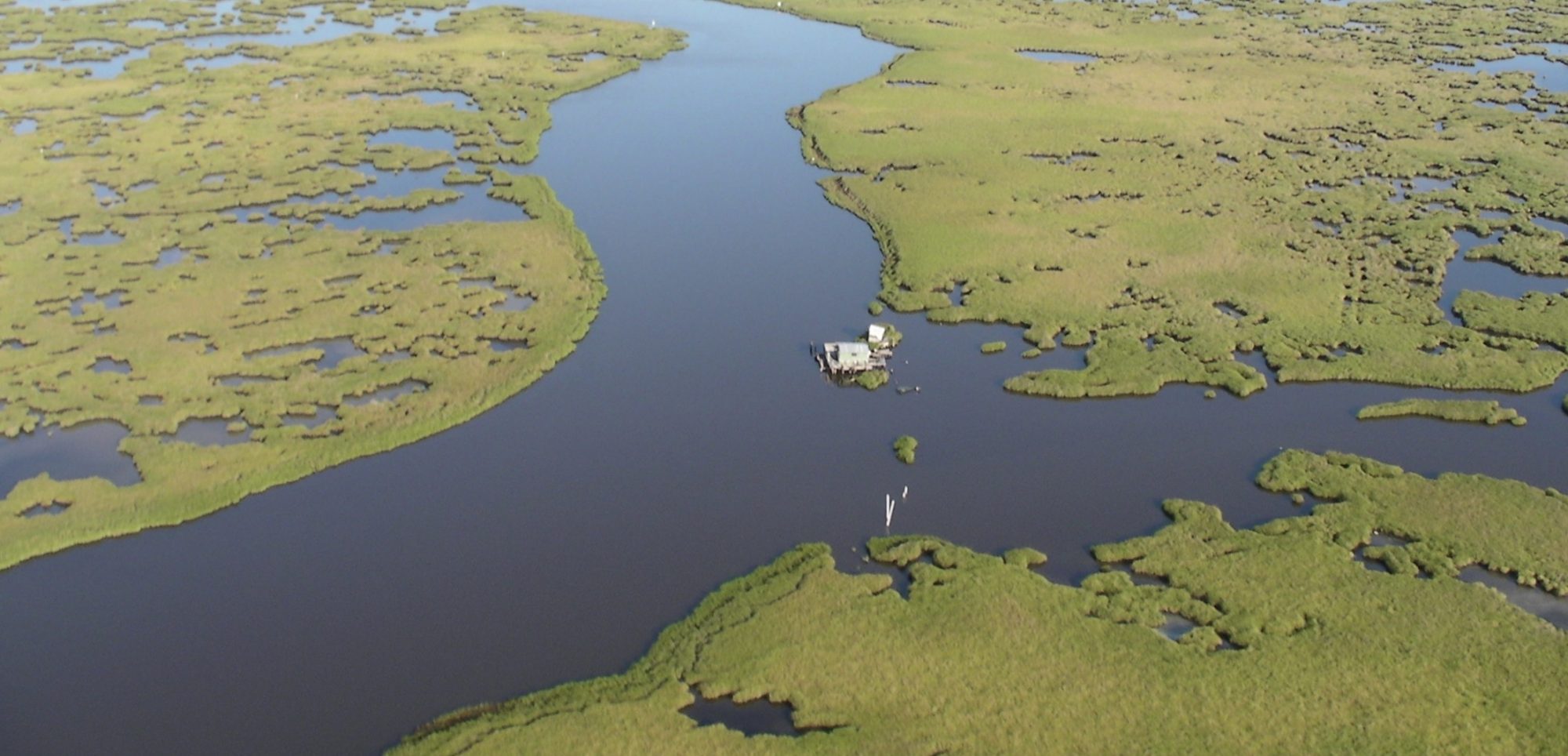
Ph.D. Candidate, The Ohio State University
Conference Travel Grant Type 2 (9th INTECOL International Wetlands Conference)
Carbon sequestration in tropical wetlands of Costa Rica
“Increasing levels of greenhouse gases are raising the awareness on climate change, and have increaed the necessity of finding effective ways to accumulate and store carbon to keep it from being released back to the atmosphere. Wetlands have an important role in global carbon cycles, as they are highly productive ecosystems that accumulate large amounts of organic matter in the soil, functioning as significant carbon sinks. Most of the studies of carbon in wetlands are focused on boreal wetlands, one of the least productive wetland ecosystems. Little is known about the role of tropical wetlands as carbon sequestering systems. The objective of this study is to determine the carbon sequestration rate of three tropical wetlands in Costa Rica in three different settings (riverine flow-through, isolated forested, and slow-flow slough), with the intention of finding the conditions that favor their carbon accumulation. Triplicated soil cores were extracted in three different communities in each of these wetlands (open water, emergent, and edge) and analyzed for total carbon content to determine the wetland soil carbon pool. Sequestration rates were determined by radiometric dating with Cs-137 and Pb-210. Preliminary results indicate that these wetlands are significant carbon sinks compared to their respective uplands. The forested wetland communities have greater carbon accumulation than the riverine ones, possibly indicating the importance of biomass productivity in these dynamic tropical ecosystems.”
